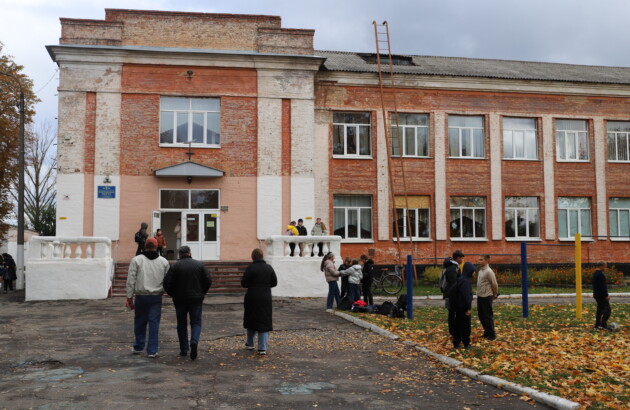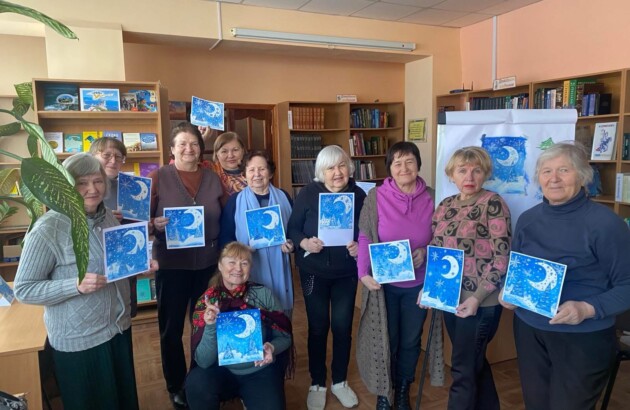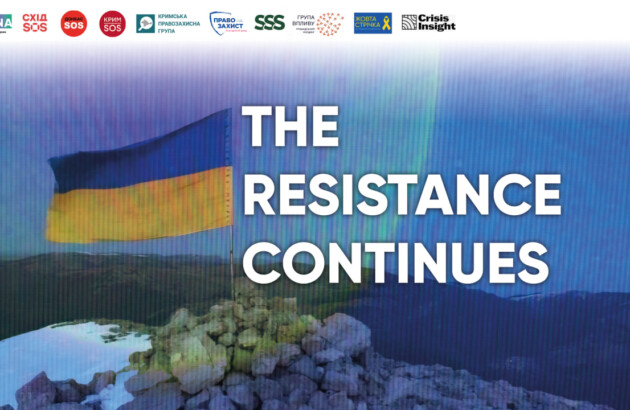Crimea has become a prison for deportees
On March 25, 2014, the Russian Federation occupied the Autonomous Republic of Crimea and the city of Sevastopol. Since then, Russia has been using the peninsula as a prison for Ukrainians and Crimean Tatars.
We want to share some stories of elderly men and children who were forcibly deported to Russia through Crimea.
Bogdan, Anton, and Oleksandr lived in a retirement home. When the Russian army occupied Kakhovka, the self-proclaimed authorities appointed a new director for the center. Her first decision was to deport all residents, about 200 people of different ages, including those in need of special care. The three men, along with other residents, were forcibly loaded onto buses and taken to the temporarily occupied city of Dzhankoi. From there, they were forcibly transported by train to Voronezh (Russia).
Additionally, Russian forces deported a child from the city of Kherson to Crimea. Anastasiya, 15 years old, was a schoolgirl who lived in Kherson with her parents. In September 2022, her teacher turned out to be a collaborator and hastily organized a trip to a “recreational camp.” All of Anastasiya’s classmates were deported to Crimea. Russian authorities refused to return minors.
These and countless identical stories testify to Russia’s systematic use of occupied Crimea as a prison for forcibly removed and abducted residents of Ukraine.
If Ukraine de-occupies the Autonomous Republic of Crimea and the city of Sevastopol, the Russian Federation will have fewer opportunities for deportations and violations of their rights, as the peninsula is one of the key strategic points for the implementation of the occupiers’ harsh policies.
Demand international condemnation of Russia’s deportation policy. Attention, action, and sufficient pressure can change the situation and ensure the freedom of those affected by Russian aggression.
*The mentioned stories were collected as part of the “Where Are Our People?” initiative.
Кримська правозахисна група / Crimean Human Rights Group


